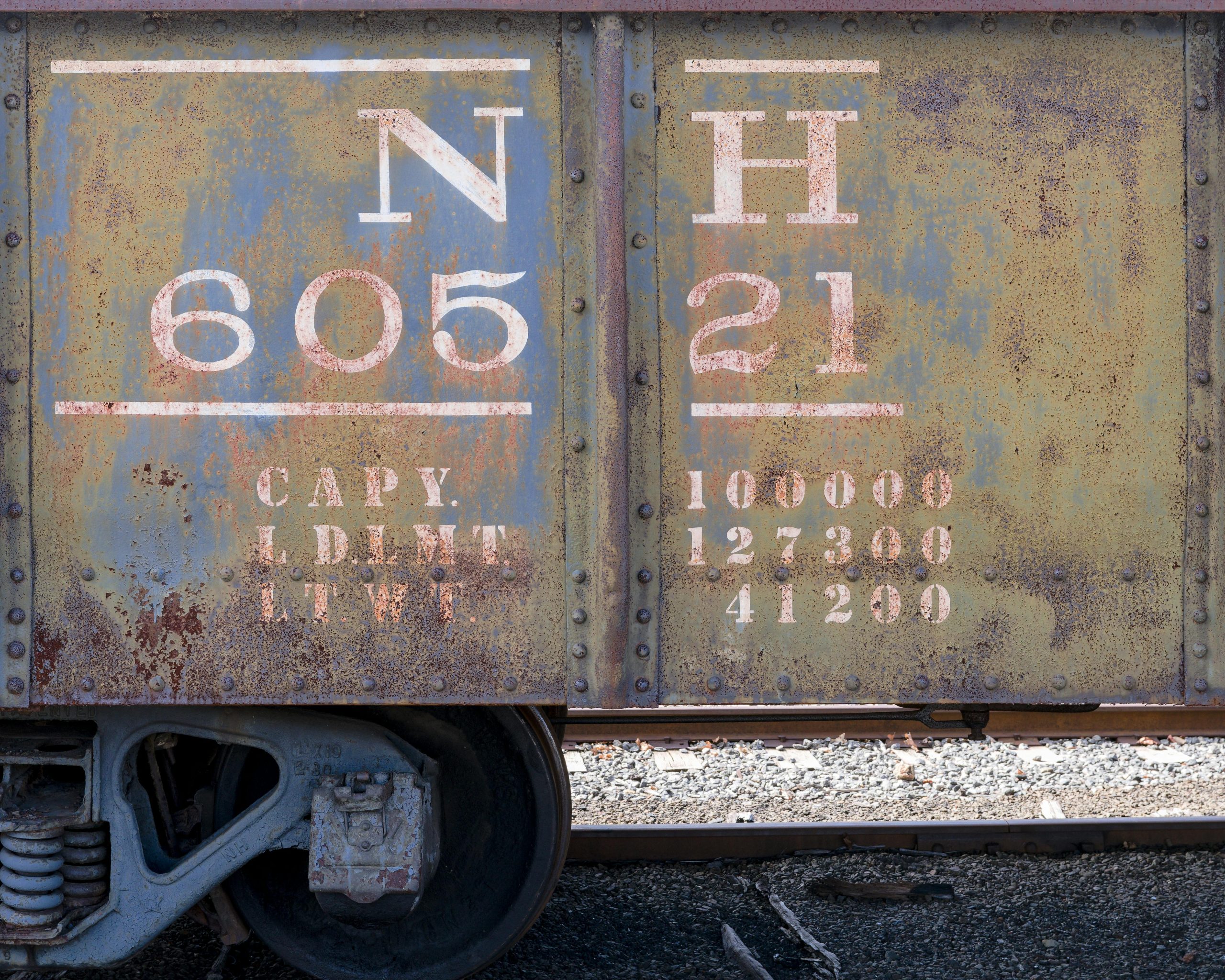Handling Post-Accident Repairs When Insurance Systems Are Down: A Practical Approach
If you’ve recently experienced a car accident caused by an irresponsible driver, you’re likely facing a series of decisions about how to proceed. Suppose your parked vehicle was struck by an intoxicated driver, and the police have provided you with the driver’s insurance information. Now, the challenge is dealing with the insurance companies, especially if their systems are temporarily unavailable.
Understanding the Situation
In situations where the at-fault driver’s insurance provider is experiencing technical difficulties—such as a network outage possibly caused by a cyber incident—the normal claim process can be delayed. For example, if the insurer is Erie Insurance and they are currently offline, they might be resorting to manual, paper-based procedures, which could significantly slow down claims processing. Some reports suggest these outages could last for an extended period, potentially leaving your vehicle awaiting repairs and you without transportation for weeks.
Strategic Options for Repairing Your Vehicle
Given these circumstances, one practical solution is to utilize your own collision insurance coverage—for instance, Geico’s collision coverage—to expedite repairs. By doing so, you can get your car fixed promptly without waiting for Erie Insurance to process their claim. Later on, your insurance company can handle the process of recovering the costs from Erie Insurance.
Pros and Cons to Consider
-
Filing Through Your Insurance: Using your collision coverage often results in faster repairs and minimal delays. You will pay your deductible upfront (commonly around $500), but your insurer should reimburse you if they successfully recover the costs from Erie later on.
-
Waiting for the At-Fault Insurer: If you opt to wait for Erie Insurance to process the claim, expect potential delays due to their current system outage. This could prolong the time your vehicle remains unrepaired, impacting your daily routine.
Important Factors to Keep in Mind
Before proceeding, consider consulting with your insurance provider to confirm that using your collision coverage is the best approach in your specific case. Additionally, keep thorough documentation of the damages, the police report, and any communication with Erie Insurance for future reference.
Final Thoughts
In situations where insurer system outages hinder timely claim processing, leveraging your own insurance for immediate repairs can be a smart move. This strategy ensures minimal disruption to your daily life while you navigate the reimbursement process with your insurer. Always stay informed about your policy details, including deductibles and reimbursement procedures, to make the most strategic decision after an accident.
*Disclaimer: This blog post is for



